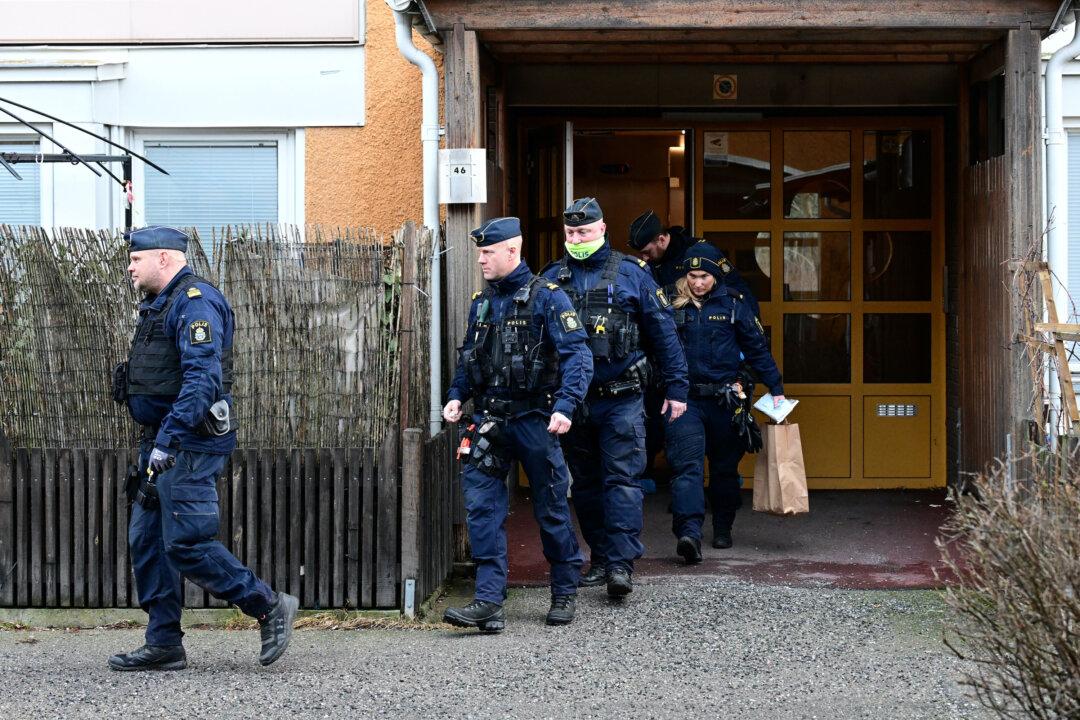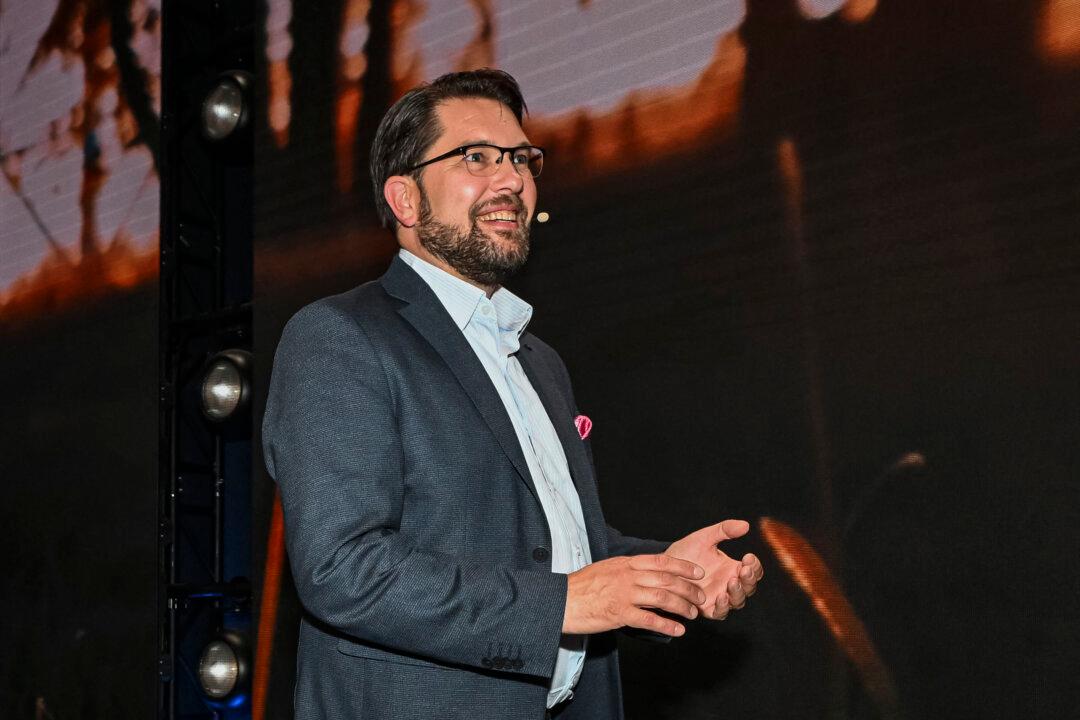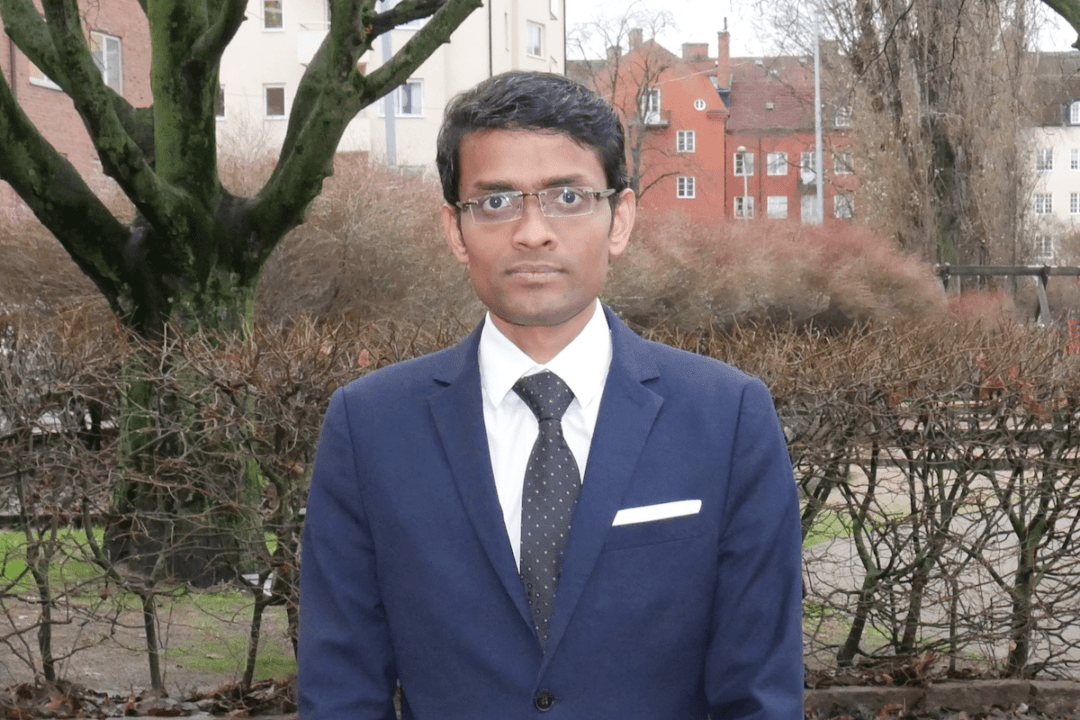STOCKHOLM—The Nordic countries are well-known for finding themselves at the top of international studies about happiness.
But a recent study finds a slightly different view of life than the widely accepted rosy image of people in that part of the world: There appears to be a “happiness gap,” in which young people in particular are growing increasingly unhappy.




